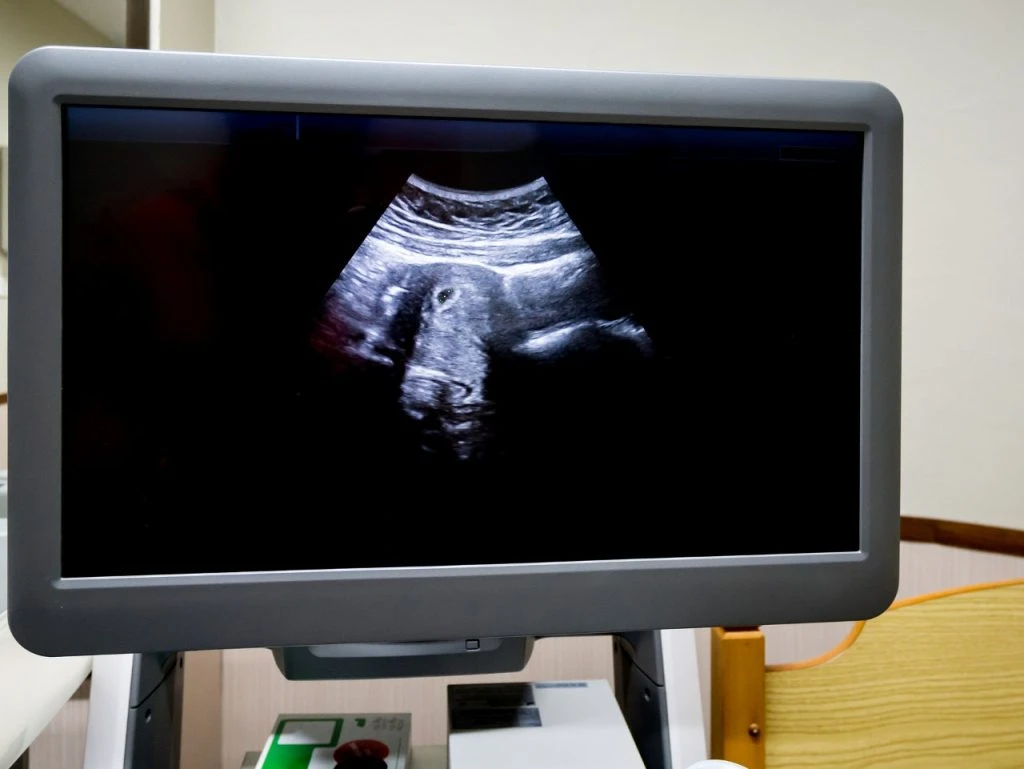Pelvic pain is something many women deal with, though it can be completely baffling. Sometimes it’s sharp and sudden, other times it’s a dull ache that just won’t quit. Some women notice it comes and goes with their periods, while others find it sticks around, messing with work, sleep, and just getting through the day. Beyond being uncomfortable, pelvic pain can signal underlying health issues that really need attention.
As a trusted maternity consultant in London, we always treat pelvic pain with the seriousness it deserves, ensuring our patients understand what’s normal, what isn’t, and when to get help.
What Is Pelvic Pain?
Pelvic pain means discomfort in your lower belly or pelvic area, though it doesn’t always stay put there. It might shoot down to your back or thighs. Many women first think “period cramps,” but the causes go way beyond that. Sometimes the pain is temporary – maybe from ovulation or a minor stomach issue. But when it hangs around for weeks or gets worse, there’s usually something more complex going on. Here’s the tricky part: pelvic pain isn’t one symptom with one answer. It’s your body’s way of saying “something’s up,” but figuring out what takes some detective work.
Common Causes
Getting to the bottom of pelvic pain means sorting through a bunch of possible conditions. Some involve your reproductive system, others your digestive tract or bladder. These conditions can overlap, and their symptoms often look remarkably similar, which makes diagnosis challenging.
- Endometriosis and Adenomyosis – With endometriosis, tissue like your uterine lining grows where it shouldn’t, causing chronic, often severe pain. Adenomyosis is similar but involves tissue growing into the uterine wall itself. Both can make periods heavier and more painful than they should be.
- Menstrual Problems – Really bad period cramps (dysmenorrhoea) are probably the most common reason women experience pelvic pain. Hormone swings can make this pain much worse.
- Ovarian Cysts – Most cysts are harmless, but they can cause sharp pain if they burst or get big enough to press on other parts of your body.
- Pelvic Inflammatory Disease (PID) – Infections in your reproductive organs cause inflammation, fever, and pain. Left untreated, this can become a chronic problem.
- Bladder and Urinary Issues – Repeated UTIs or bladder inflammation (interstitial cystitis) often get mistaken for reproductive problems.
- Digestive Issues – Things like IBS or chronic constipation can cause pain that feels like it’s coming from your pelvis, which can be really confusing.
Sometimes you’re dealing with more than one of these at once, which is why getting a thorough medical workup is so important.
Symptoms That Should Worry You
Pelvic pain rarely shows up alone. It usually brings friends – other symptoms that can help point to what’s causing it. When you have endometriosis as a cause of pelvic pain, for example, this often means period cramps don’t respond to regular painkillers. Infections might come with fever, weird discharge, or burning when you pee.
When pain starts interfering with your life – making it hard to sleep, sit comfortably, or concentrate – that’s your cue to see someone. Getting help early doesn’t just manage the pain; it can stop conditions from getting worse. If you suddenly develop severe pelvic pain, especially with nausea, dizziness, or fever, get medical help right away. This could mean a cyst has ruptured or you have a serious infection.
How Doctors Figure Out What’s Wrong

Getting diagnosed can be frustrating because pelvic pain rarely has one obvious cause. Doctors usually start by asking lots of questions about your symptoms and medical history, then do physical exams and imaging like ultrasounds or MRIs. You might need blood tests, a laparoscopy, or other procedures to nail down the problem.
Unfortunately, pelvic pain sometimes gets brushed off as “just period pain,” which delays getting real answers. Don’t be afraid to push for thorough testing, and consider seeing specialists who really understand women’s health issues.
Treatment Options
What works depends entirely on what’s causing your pain. Some treatments focus on making you feel better, while others tackle the root problem.
For period-related pain, anti-inflammatory drugs like ibuprofen are usually the first try, along with things like gentle exercise or heating pads. Hormonal treatments – birth control pills or hormone-releasing IUDs – can help regulate your cycle and reduce pain for many women.
If you have endometriosis or adenomyosis, you might need stronger hormone therapy or surgery to remove problematic tissue. Infections like PID need antibiotics, while bladder or digestive problems require their own specific approaches, from dietary changes to bladder retraining.
Pelvic floor physical therapy is incredibly helpful but often overlooked. By improving how your muscles function and reducing tension, it works really well alongside medical treatments.
When to See a Specialist
Pain that sticks around for more than a few weeks, gets worse over time, or comes with concerning symptoms (heavy bleeding, sudden severe pain, unexplained exhaustion) shouldn’t be ignored. If you’ve tried basic pain management without success, it’s time to see a gynecologist or pelvic health specialist.
If you’re dealing with fertility concerns or complex reproductive health issues, seeing an experienced specialist ensures your treatment addresses both pain relief and long-term health. Having access to modern diagnostic tools and doctors who really understand these conditions can completely change how your pelvic pain gets managed.
The Bottom Line
Pelvic pain in women is complicated. It often involves multiple body systems and conditions, affecting not just physical health but emotional wellbeing when it goes unresolved. Learning to tell the difference between mild, temporary discomfort and persistent, disabling pain is crucial. While self-care has its place, professional evaluation is key to understanding and fixing the real problem.
Getting diagnosed promptly, finding effective treatments, and having ongoing support from specialists can help women take back control of their health. Pelvic pain might be common, but that doesn’t mean you should just put up with it. When you’re not sure what’s going on, getting help from experts who understand women’s health is always the right move.








